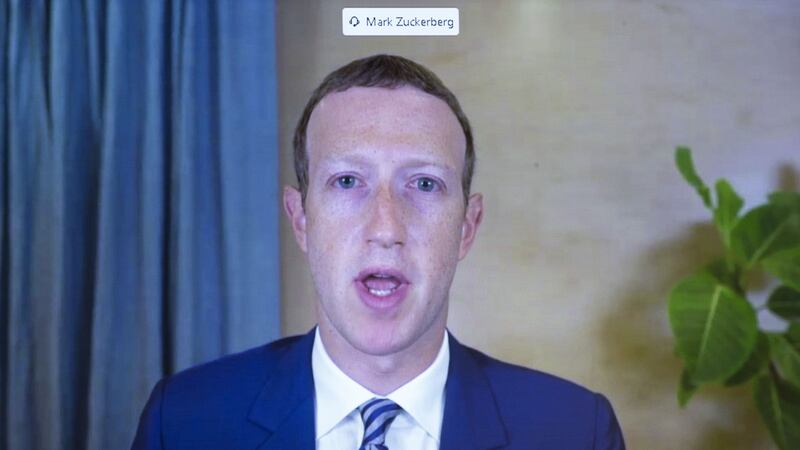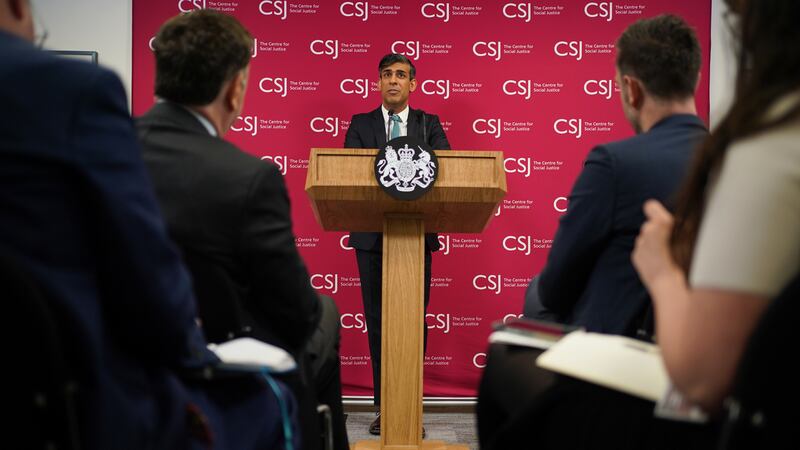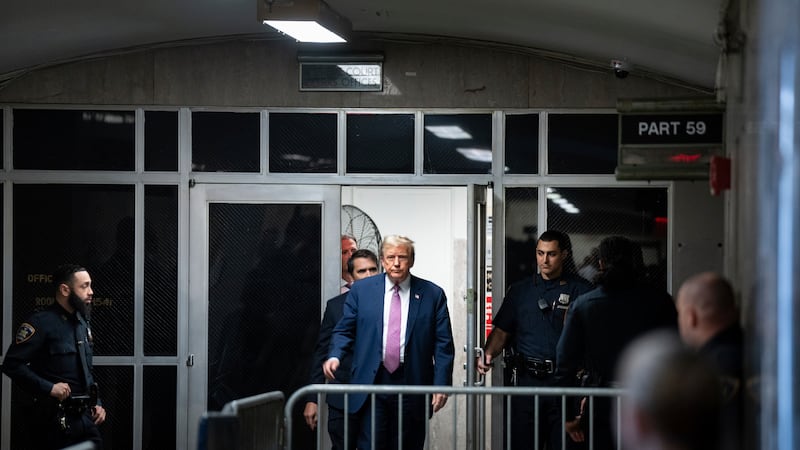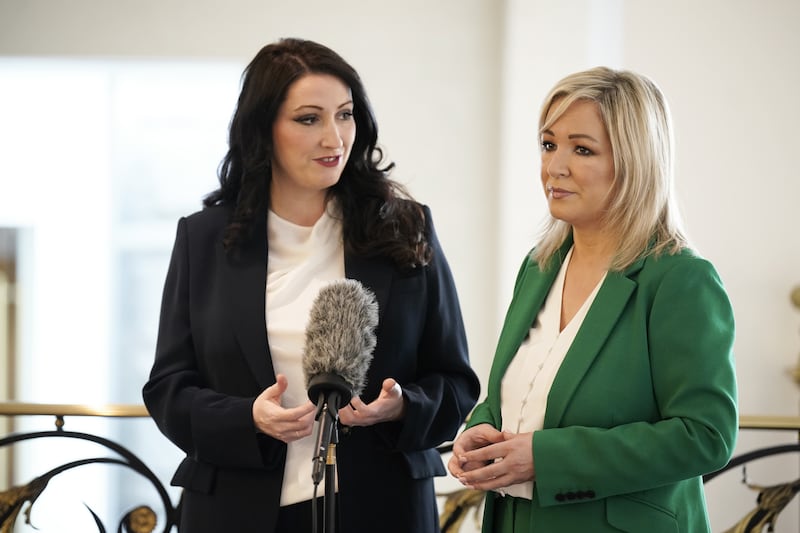The chief executives of Twitter and Facebook have defended their safeguards against disinformation in the US presidential election, and promised Congress they would take vigorous action for two special elections in Georgia that could determine which party controls the Senate.
Jack Dorsey and Mark Zuckerberg told a hearing of the Senate Judiciary Committee they have strong programmes in place to protect their platforms from being used to disseminate falsehoods or discourage people from voting in the Georgia elections.
“You have an immense civic and moral responsibility,” senator Richard Blumenthal, a Connecticut Democrat, told the executives.
He said the actions the companies took to slow the spread of disinformation in the contest between Donald Trump and Joe Biden were constructive, but he was concerned they could let their guard down for the Georgia elections and fail to act against dangerous disinformation.
“You’ve tried to slow its spread. That’s not censorship,” he said.
But Republican senators, including committee chairman Lindsey Graham, revived complaints of censorship and anti-conservative bias against the social media platforms and pushed for stripping away some of the protections that have shielded tech companies from legal responsibility for what people post.
“I think there’s Republican and Democratic concern about the power that’s being used by social media outlets to tell us what we can see and what we can’t, what’s true and what’s not,” Mr Graham said at the start of the hearing.
Democrats also support curbing the long-held legal shield for tech companies, though for different reasons. They have focused their concern on hate speech and incitement on social media platforms that can spawn violence.
Mr Biden has endorsed restricting legal immunity for social media platforms under Section 230 of a 1996 telecommunications law.
Twitter and Facebook have slapped a misinformation label on some content from Mr Trump, most notably his claims linking voting by mail to fraud. On Monday, Twitter flagged his tweet proclaiming “I won the Election!” with this note: “Official sources called this election differently.”
Twitter chief Mr Dorsey said his platform flagged 300,000 tweets between October 27 and November 11 for content that was disputed and potentially misleading, representing 0.2% of all US election-related tweets sent during the period.
“We applied labels to add context and limit the risk of harmful election misinformation spreading without important context, because the public told us they wanted us to take these steps,” he said.
Of the labelled tweets, 456 were also covered by a warning message and were limited in how they could be shared. About 74% of the people who viewed those tweets saw them after a label or warning message was applied.
Mr Zuckerberg said Facebook joined with election officials to remove false claims about polling conditions and displayed warnings on more than 150 million pieces of content after review by independent fact-checkers.
Facebook also prohibited misrepresentations about how or when to vote as well as attempts to use threats on coronavirus to scare people into not voting, he said.
He acknowledged that “election interference remains an ongoing threat”.
He and Mr Dorsey promised legislators last month that they would aggressively guard their platforms from being manipulated by foreign governments or used to incite violence around the election results — and they followed through with high-profile steps that angered Mr Trump and his supporters.
Facebook moved two days after the election to ban a large group called “Stop the Steal” that Trump supporters were using to organise protests against the vote count. The 350,000-member group echoed Mr Trump’s baseless allegations of a rigged election rendering the results invalid.








